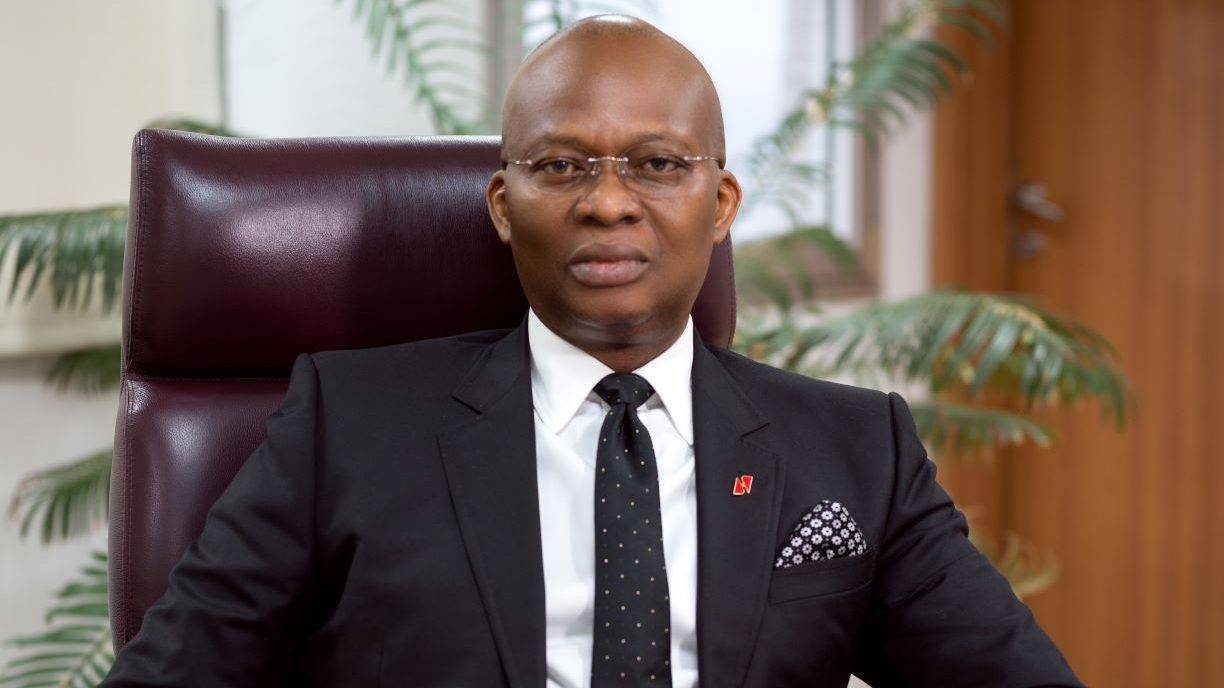Pan African Financial services institution, United Bank for Africa is joining the rest of the world to celebrate the 2019 Customer Service Week, themed, “Magic Happens Here”, with recognitions for staff who have excelled in excellent service delivery.
The event which is commemorated all over the world, recognises the importance of customer service and seeks to show appreciation to the staff who serve and support customers with the highest degree of care and professionalism.
The theme for this year’s celebrations embodies all that the bank represents as encompassed in its Core Values – the 3EEEs: Excellence, Enterprise and Execution.
Already, all branches of the bank are engaged in various activities which will make the week-long celebration exciting and memorable. Branches have been colourfully decorated, and customers are being treated to different exciting gifts and activities.
UBA’s Group Managing Director/Chief Executive Officer, Mr. Kennedy Uzoka, who spoke on the significance of continuous excellent service delivery to customers, appreciated the staff who have worked tirelessly to satisfy customers, and urged them not to rest on their oars.
He said, “Over three years ago, we resolved to address the persistent customer service challenges in the Bank by launching the Customer First (C1st) Philosophy. The primary objective of which was to transform the Bank into an undisputed customer-focused institution delivering excellent financial services from the customers’ standpoint.
“As we celebrate this year’s Customer Service Week, I would like to express my gratitude to you all for the journey so far. It is my belief that, with our collective strength and commitment to the Bank’s corporate goals, the on-going crusade on Customer-First Philosophy, anchored on our core values; Enterprise, Excellence and Execution (3EEEs), the C1st drive will permeate the system and become our most treasured initiative group wide,” he noted.
Explaining the theme, he urged staff to do all they can to go the extra mile and promote great satisfaction for customers, adding, “Let’s strive to put the magical touch in everything we do to create a symbolic service experience for our ‘Employer’ – the Customer!”
The GMD seized the opportunity to explain that UBA is on the right trajectory to entrenching herself as the preferred bank in the hearts of customers, adding “Our primary objective is to imbibe and demonstrate C1st philosophy as a ‘way of life’ in all our engagements with customers. This is truly our core essence and how we wish to be primarily recognised always.”
Also commenting on the special week, the Group Executive, Customer Fulfilment Centre, UBA Group, Mr Anant Rao said that UBA in the last 3 years has deliberately focused on its Customer 1st philosophy leveraging on a three prong lever of People, Process and Technology, saying that large scale transformations have been engendered with clear focus on serving the needs of the customers while laying emphasis on creating a holistic end to end Customer journey and with our ecosystem revolving around our Customers.
“The singular mission of our consistent and superior customer experience has been imbibed into the DNA of each and every staff of the bank. In this way, there is no gainsaying that Service has been institutionalized at UBA. The mantra of our Customers being our employers has been ingrained into the psyche of each and every staff,” Rao noted. The United Bank for Africa, Africa’s global bank, was founded 70 years ago in Nigeria and today, operates in 20 African countries and in the United Kingdom, the USA and with presence in France. UBA serves over 17 million customers across the globe with more than 1000 branches and touch points. In 2018, the bank received the award of Africa’s Best Digital Bank by the Banker’s magazine.





